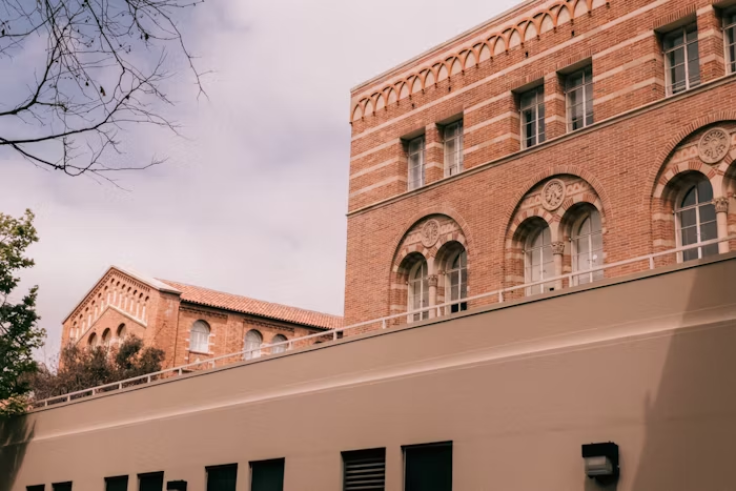Community College Bachelor's Programs Bridge Higher Education Gap for Latino Students, UCLA Study Finds
ByIn a groundbreaking move towards educational equity, community college bachelor's programs in California are emerging as a transformative force in narrowing the higher education gap, particularly for Latino students.
A recent report published by the UCLA Latino Policy & Politics Institute underscores the profound impact of these programs in fostering academic success, economic mobility, and social empowerment among underserved communities.

Breaking Down Barriers
The study conducted by the UCLA institute delved into the outcomes of the first five cohorts of California's community college baccalaureate (CCB) programs, shedding light on their efficacy in promoting equitable access to higher education. Notably, the report revealed that Latino students enrolled in these programs graduated at rates comparable to their non-Latino peers, with 64% completing their degrees within two years. This achievement is significant, given the historical disparities in educational attainment faced by Latino populations, which have often been attributed to systemic barriers and limited access to educational resources.
Moreover, the report highlighted the financial benefits of CCB programs for Latino graduates. With fewer students resorting to student loans, the attainment of a bachelor's degree from a community college translated into substantial increases in annual earnings, providing a pathway to economic stability and upward mobility. By equipping students with the knowledge, skills, and credentials needed to succeed in the workforce, these programs are catalyzing positive change and breaking the cycle of intergenerational poverty.
Accessibility and Affordability
One of the key strengths of CCB programs lies in their accessibility and affordability, making higher education attainable for individuals from diverse socioeconomic backgrounds. Cecilia Rios-Aguilar, the lead author of the study, emphasized that these programs cater to nontraditional students by offering flexible schedules, proximity to local communities, and lower tuition costs. For individuals like Susan Mendoza, a licensed dental hygienist and graduate of a two-year bachelor's program at West Los Angeles College, these factors were instrumental in pursuing higher education while balancing work and family responsibilities.
Mendoza's Story: A Testament to Transformation
Mendoza's journey serves as a compelling testament to the transformative power of CCB programs in empowering individuals to overcome barriers and achieve their academic and professional goals. Motivated by a desire to address disparities in dental care access within Latino communities, she seized the opportunity to earn her bachelor's degree at West Los Angeles College. Despite facing numerous challenges, including juggling work commitments and navigating family responsibilities, Mendoza remained resilient and determined. Her dedication and perseverance culminated in her successful completion of the program, paving the way for a fulfilling career dedicated to serving underserved populations and making a tangible difference in her community.
Addressing Challenges and Moving Forward
While the success stories of Mendoza and other graduates underscore the promise of CCB programs, significant barriers to accessibility remain. The report revealed disparities in Latino enrollment across CCB cohorts, signaling the need for targeted outreach and awareness campaigns within Latino communities. Additionally, efforts to address structural inequities and ensure equitable access to education must be prioritized to unlock the full potential of these programs. By fostering a culture of inclusivity, diversity, and academic excellence, community college bachelor's programs have the power to transform lives, uplift communities, and drive positive social change. As California continues to invest in higher education reform, the expansion and enhancement of CCB programs offer a beacon of hope for a brighter, more equitable future for all.
RELATED ARTICLE : Economic Pressures Drive Community College Stopouts
© 2025 University Herald, All rights reserved. Do not reproduce without permission.








